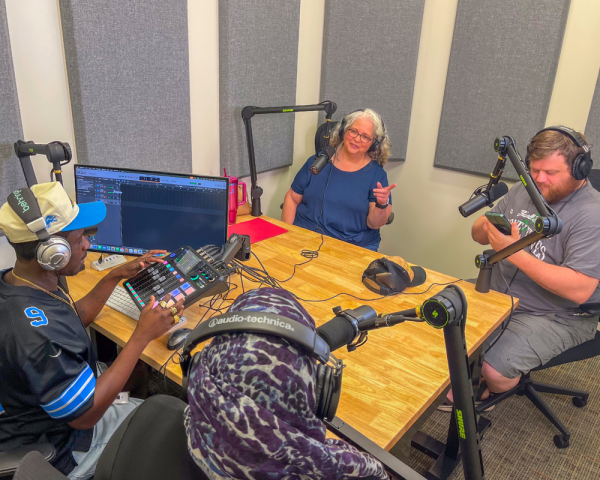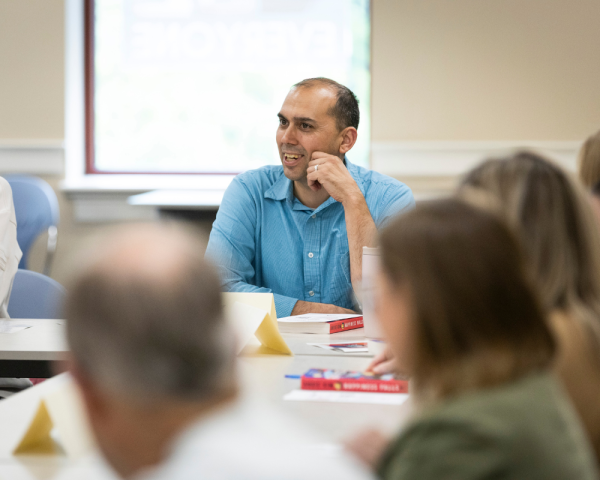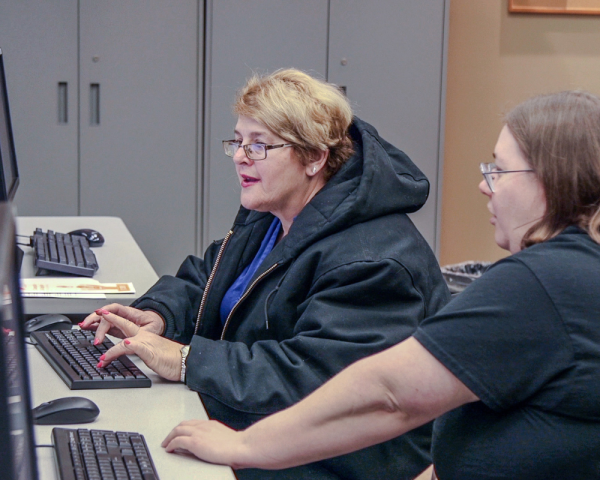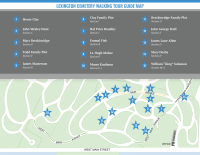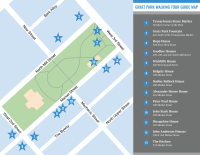

Website Search

The Library's digitized collection includes some non-Fayette County directories for businesses, farms and residences.

Lena Hart Tobey (1869-1939) was born in Mississippi to Thomas and Susan Watson Hart. In the 1890s, she attended school in Lexington, Kentucky. She married Ellis Tobey in 1896 and died in 1939 in Arkansas.
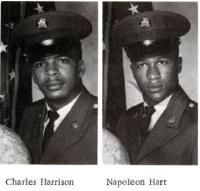
The United States Army Armor School began in 1940 as the Armored Force School and Replacement Center at Fort Knox, Kentucky.
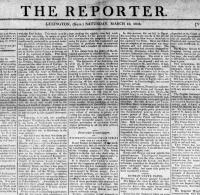
The Reporter was published from March 1808-September 1817, by William W. Worsley. It was a Republican paper (Jeffersonian Democratic Republican - liberal at the time).
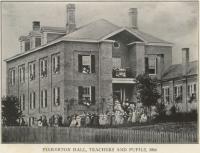
While the focus of content in the digital archive is Fayette County, many other counties are represented. This list is in alphabetical order by county name for non-Fayette County content.
Anderson County

The Kentucky Pioneer Genealogy and Records Magazine published various articles about early Kentucky history as a quarterly publication from 1979-1985, then annually 1986-1988.

The Kentucky Reporter was published from October 1817-April 1832, by William W. Worsley and Thomas Smith. It is the direct continuation of the The Reporter.

The Black Community News Collection compiles searchable newspaper articles and ads for local Black community events, schools, social gatherings, church events, obituaries, and wedding announcements in older local newspapers in the librar

The Take Back Cheapside Collection is a community collection from DeBraun Thomas. The featured postcard of the historic Fayette County Courthouse at was used as a part of the Take Back Cheapside movement in Lexington in 2017.
The Lexington-Fayette County Health Department had its earliest form almost as long as the city itself has existed, when the newly formed city of Lexington would appoint a local physician to investigate reports of certain diseases for qu
Join us for a walking tour of Lexington's Historic Lexington Cemetery. The full tour is available as a single MP3, or you can download individual tracks. For the single MP3, music will play between the stops. You can pause the track while you walk between stops.
This tour covers a walking distance of approximately 1.5 miles.
Please note: You will be walking on paths also used by cars. Please take special care to watch and listen for approaching vehicles.
The music clips used in this tour are from “Walking Barefoot on Grass” by Kai Engel, and are used with a CCBY license. It is available here: http://freemusicarchive.org/music/Kai_Engel/
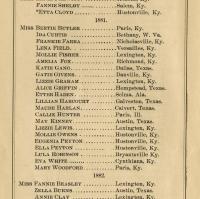
The library has a variety of directories and yearbooks with local information. In the library's current digital collection, there is a selection of residential and street directories, yearbooks, school directories, and organizational directories. These are all fully word-searchable.
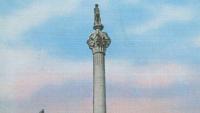
The Kentucky Images collection contains postcards, photographs and slides of people, architecture, and locations in Kentucky and Appalachia.
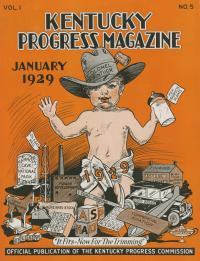
The Publications Collection contains runs of historical Kentucky newspapers, almanacs, and magazines.

Want to learn or improve your skills in a new language? Ready to switch from the bird of prey with ominous reminders? Try Mango Languages to learn practical conversation skills in over 70 world languages on your computer or mobile device. Learn and practice English with ESL courses taught in more than 15 different languages. You must create an account on the Mango Languages site before you can log into the mobile app.
Languages You Can Learn!
|
|
|
Mango Languages Mobile App
![]() Delivers fast, easy and effective language learning wherever your travels take you. With free apps from Mango, you can access the same awesome courses when you’re on the go.
Delivers fast, easy and effective language learning wherever your travels take you. With free apps from Mango, you can access the same awesome courses when you’re on the go.
Join us for a walking tour Lexington's Gratz Park Historic District. The full tour is available as a single MP3, or you can download individual tracks. For the single MP3, music will play between the stops. You can pause the track while you walk between stops.
This tour covers a walking distance of 0.4 miles.
The music clips used in this tour are from “Walking Barefoot on Grass” by Kai Engel, and are used with a CCBY license. It is available here: http://freemusicarchive.org/music/Kai_Engel/
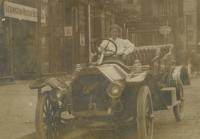
Fayette County, Kentucky, has changed enormously since it was created in 1792. This collection contains government documents for the city of Lexington, for Fayette County, and for the merged Lexington-Fayette Urban County Government, as well as funeral notices, club directories, scrapbooks, image collections and a history of Lexington Public Library.
Download eBooks, audiobooks, magazines, and more – free with your library card.
The Central Kentucky Cemeteries Maps are powered by Google Maps. Counties include: Fayette, Bourbon, Clark, Garrard, Harrison, Jessamine, Lincoln, Madison, Mercer, Montgomery, Nicholas, Powell, Scott, and Woodford.
Stephanie has been in the financial industry since 1993 and has a bachelor’s degree in finance is from the University of Kentucky. She is passionate about community involvement and that includes current board positions on the Lexington Public Library and a member of the finance council of the Diocese of Lexington. She is a past board member of Surgery on Sunday, Bluegrass Rape Crisis Center, the Lexington Chapter of the American Red Cross and a past Trustee for Lexington Catholic High School, which she chaired for several years.

Get live expert help with homework and skill building, study tips and tools, and collaborate with friends on your computer or mobile device. Live Homework Help is available for K-12 grades from 2 pm - 11 pm daily with professional tutors. You must create an account on the Brainfuse site before you can log into the mobile app.
Mobile Options (Create Your Account Here First)

|
Brainfuse HelpNow Demo
Brainfuse HelpNow Demo (Español)
Have a question? Ask us! You can contact us via email, phone, chat, or text. Book a librarian for one-on-one help. Suggest a purchase to help us improve our collection.
The governance of Lexington Public Library is under the direction of 7 Trustees and up to 10 Advisors who guide the long-term strategies for the Lexington Public Library, including the long range plan, annual budget cycle, advocating for the library and for library customers, and policy recommendations.


